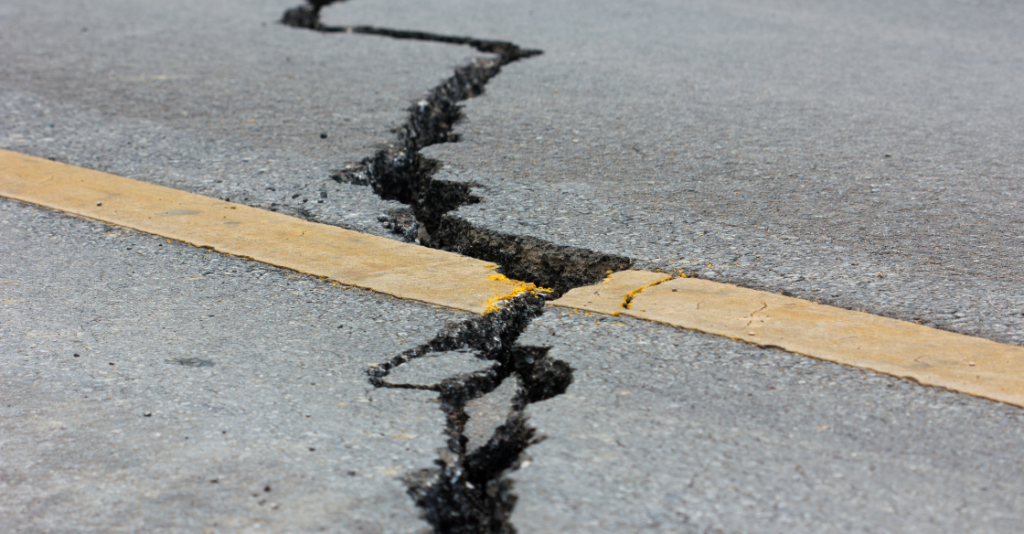If you reside in California or any area prone to earthquakes, there will always be an ongoing threat of damage to your home caused by seismic activity. Even the slightest earthquakes, aftershocks, or tremors cause severe structural damage to homes and businesses.
Therefore, it’s essential to understand the severity of the damage this activity can cause to your home and look for positive solutions, such as earthquake insurance, to protect your home and belongings from damage.
What is Earthquake Insurance?
Earthquake insurance is an insurance policy that covers the damage and expenses that are caused by an earthquake. Your homeowner’s insurance or business insurance policy will not cover the damage caused by earthquakes. So, if you live in a high-risk area, it would be in your best interest to take out an earthquake insurance policy.
Earthquake insurance can be a valuable asset if your home is near an active fault. Keep in mind that the cost of losing your home because of damage due to earthquakes or aftershocks without insurance will be far more than the overall cost of an earthquake insurance policy. And depending on where you live, your mortgage provider may require you to have an earthquake policy in place.

What Does Earthquake Insurance Cover?
Most earthquake insurance policies will only provide coverage for the direct loss caused by an earthquake during the actual event. That can include aftershocks that occur during the wake of the earthquake within a specific time frame unless stated otherwise in the policy terms.
The amount of coverage you receive will be based on the replacement cost of your home and could be tied to the same coverage amount that you have on your main property policy which covers fire and other risks. Pricing will also vary based on factors like your home’s construction type.
For most earthquake carriers, coverage for brick homes or other properties with exterior masonry can be more expensive or even excluded. If your home or building is under construction or you are building from the ground up, you will need to add a separate earthquake or “DIC” (Difference in Conditions) policies to address that risk because the standard construction insurance policy will not include coverage for losses arising from earthquakes.
Additional structures on your property such as a fence, swimming pool, detached garage, or landscaping are often insured as well as “separate structures” but it is common that the limits associated with separate structures are not sufficient and policyholders must choose to increase coverage over the standard plans offered by most insurers.
Most earthquake insurance policies will cover the following:
The Cost to Rebuild Following Earthquake Building Damage
Earthquake insurance policies will cover costs to rebuild or repair damage to your property. Damage to your walkways, driveway, land, and any property damage that inhibits your ability to enter your home is often protected.
Personal Property Cost
Your policy will cover the cost of damage to your personal property caused directly by the earthquake. Most insurers will exclude or have sub-limits for specific valuables such as electronics, collectibles, furs, and jewelry. Many times, the standard options provided are insufficient and you must choose to have higher coverage at an additional cost.
Additional Living Expenses
With a standard homeowners insurance policy, this coverage is referred to as loss of use coverage. With Earthquake, it works similarly. Based on the California Earthquake Insurance policy form, it takes care of any additional living expenses for the shortest amount of time required. The insurance company may also reimburse you for the loss of rental income if the home you rent out to tenants was damaged during an earthquake.
Additional Coverage
Many earthquake insurance policies may also include standard or additional coverage on the following :
- Building code upgrades
- Energy efficiency or safety replacement upgrades for your home
- Land repair that is needed to support your home or stabilize it
- Any emergency repairs that will protect your property
You must understand the different types of damage an earthquake can cause. While most people may be aware of the destruction an earthquake can cause, they may not know that these events can lead to other types of damage, such as the following:
- Building collapse
- Structural damage
- Damage to the landscaping
- Fires
- Gas Leaks
- Landslides
- Structural damage to swimming pools or fences
- Explosions
Having the right type of coverage in place will ensure that your property is protected and covered if any of the above issues occur.
Do I need Earthquake Insurance?
Not every homeowner will need to purchase both home and earthquake insurance. It is usually only recommended for those who live in earthquake-prone areas. The policies can be expensive, and therefore if it is not a necessity, you would be paying out a lot of money for coverage you will likely never use.
The deductibles for earthquake insurance can be as much as 10% of your home’s value. And in some cases, it could be even more than that. However, it is essential for those who live in areas where earthquakes occur to consider taking out a policy. That is because the high cost of rebuilding their home and replacing all their belongings after damages will cost even more than the high price of an earthquake insurance policy.
As for the high deductible, it could be scary and tends to be astronomically higher than what you would find on your homeowner policy. As an example, if the earthquake policy covers your main structure for $500,000 with a 10% deductible, if the entire home were to collapse and have to be rebuilt (total loss), the maximum liability the insurer has onsuch an even would be $450,000. For smaller or partial losses, the deductible has an even larger effect. As such, it is important to understand that earthquake policies are really meant to cover for large catastrophic Earthquakes rather than smaller ones causing partial or minimal damage.
Parts of the United States considered earthquake-prone areas include states located in the western part of the country such as Washington, California, and Oregon. Some regions of Utah, Wyoming, and Nevada are also included. There are also some states located along the New Madrid Fault Line that are at risk. These states include Illinois, Tennessee, Missouri, Kentucky, and South Carolina.

Benefits of Earthquake Insurance for california residents
There are several benefits to having an earthquake insurance policy. This coverage’s main advantage is that it will protect your most significant investment, your home, if it becomes damaged or inhabitable.
Here are some more significant benefits to taking out an earthquake insurance policy:
1.If your property becomes damaged during an earthquake, your coverage will take care of the cost of repairs and reconstruction. That means you will not have to lose everything you own or take out a loan to make your home livable once again.
2. If you reside in a lower-risk area, the cost of your earthquake insurance premium will be less than those in high-risk areas. That means you will not be paying the same high premiums as homeowners who live in areas prone to seismic activity. To make the best decision on which company you should choose for your earthquake insurance needs, it is always best to get a quote from the companies you have in mind.
Another way to help lower the cost of high earthquake insurance is to choose to take a higher deductible to cover you for a catastrophically sized earthquake.
3. Suppose earthquake damage has caused your home to become unlivable. In that case, your coverage could supply you with additional living expenses that will allow you to live at another location while your home is rebuilt or repaired. Therefore if you are still paying a mortgage on your home that is damaged, you will not need to spend more money out of your pocket for a place to live while waiting on repairs to be completed.
Final Thoughts on Earthquake Insurance
Earthquake insurance is essential for homeowners who live in high-risk areas such as the West Coast and along the New Madrid Fault Line. Many people think an earthquake insurance policy is too expensive or unnecessary, and the likelihood of needing the coverage is too low.
But, if you live in an area prone to seismic activity, you need to consider how beneficial an earthquake insurance policy can be. These policies will cover the cost of damage caused by earthquakes, tremors, and aftershocks. They will also pay expenses for you to reside at another property while you’re rebuilding your home. Additional coverage for your personal belongings and outdoor structures such as swimming pools or a fence is also available.
While earthquake insurance may be expensive, when you consider the cost of rebuilding your home from the ground up after all the damages an earthquake can cause, you can see why it is essential to consider this type of coverage.
Learn More About Our Earthquake Insurance
To learn more about an earthquake insurance policy’s benefits, contact Meslee Insurance Services experts at (213) 488-1000. Our licensed professionals will be happy to answer any questions you have.

